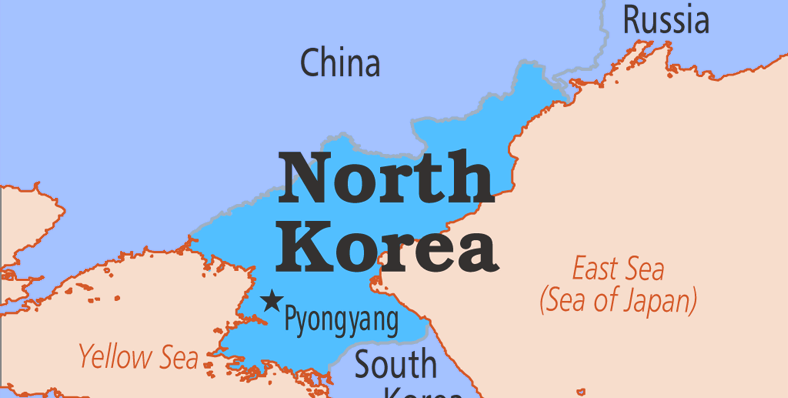By Lee Chi-dong
SEOUL, March 12 (NNN-BERNAMA-YONHAP) — Through its reported ongoing nuclear and missile activities, North Korea may be seeking to “hedge” against the breakdown of talks with the United States, rather than cheating, a security policy adviser to South Korea’s President Moon Jae-in said Tuesday.
Even so, Moon Chung-in stressed that Pyongyang should refrain from taking such “trivial, bad” actions.
“If North Korea tries to use it as leverage in negotiations, it would be a considerably bad choice,” he said at a forum hosted by the Kwanhun Club, an association of senior journalists.
Moon, special presidential adviser for foreign affairs and national security, cited the possibility of the butterfly effect to bring about a “catastrophe.”
A series of reports, issued after the no-deal Hanoi summit between Pyongyang and Washington, suggest that the reclusive North is moving ahead with its nuclear and missile programs.
Commercial satellite imagery showed activities at the Sohae rocket launch site and the Sanumdong missile research center near Pyongyang.
It may be gearing up to shoot a space rocket from the Sohae area, also known as the Tongchang-ri test site, according to an analysis by the Center for Strategic International Studies (CSIS).
Since the Singapore talks between President Donald Trump and the North’s leader Kim Jong-un in June last year, The New York Times said the communist nation is estimated to have produced enough uranium and plutonium to fuel a half-dozen new nuclear warheads.
Moon questioned whether there’s clear evidence of the alleged production of fissile materials during the period.
U.S. officials may view the Kim Jong-un regime as cheating, but “There’s a likelihood that it’s part of a sort of hedging strategy,” according to Moon, professor emeritus of Yonsei University in Seoul.
Pyongyang has kept its word to halt the testing of nuclear bombs and missiles, while it has not talked about suspending the operation itself of all related facilities, he added.
He emphasized that he’s speaking as a full-time scholar and “part-time” policy adviser to the president, not representing the South Korean government’s formal position. He was apparently concerned about triggering an ideological controversy. Conservatives accuse the liberal government of currying favor with Pyongyang.
Regarding the failed summit in Hanoi late last month, he said the Trump administration is more responsible.
The U.S. preparation team, led by Secretary of State Mike Pompeo and Special Representative Stephen Biegun, had signaled a willingness for an incremental incentive-for-denuclearization approach.
In the last stage, National Security Advisor John Bolton stepped in and demanded a package agreement, which would have been a big deal, Moon said.
He said Trump seems to have accepted Bolton’s idea due to political situations at home.
Moon later said it would be more accurate to say that both Trump and Kim are to blame for the Hanoi fiasco.
The North Korean leader appears to “have been hastily overconfident,” he said, adding there have been pessimistic or skeptical views widespread in Washington, D.C. of the denuclearization process.
Moon said there’s a gap between the Korean War foes in the perception of the sanctions regime.
Pyongyang regards it as a core element of Washington’s “hostile” policy and it should be eliminated as a starting point to reset bilateral relations, he said. On the other hand, U.S. officials consider it as an economic matter connected with the North’s funds for weapons development.
Still, it’s premature to conclude that Pyongyang-Washington dialogue has fallen apart, he said.
The North’s state-controlled media has stayed away from direct criticism of Trump.
During a conference in D.C., Biegun, the chief U.S. envoy for North Korea, also said diplomacy with Pyongyang “is still very much alive.”
He cautioned against drawing any snap conclusion on Pyongyang’s intention behind the recent spotted activities.
He admitted that the disappointing outcome of the Hanoi talks has lowered the possibility of the North Korean leader’s visit to Seoul anytime soon.
Even if Kim were to make a trip here, the government would have little to give him for now, he said.
A realistic option for the South Korean president is to meet Kim again at the truce village of Panmunjom and play a “facilitator” role in Washington-Pyongyang dialogue, with a view to have a trilateral summit on the sidelines of the U.N. General Assembly session in New York in September, he added.
“I know it won’t be easy, but it’s not bad to have hope,” Moon said.
–NNN-BERNAMA-YONHAP





